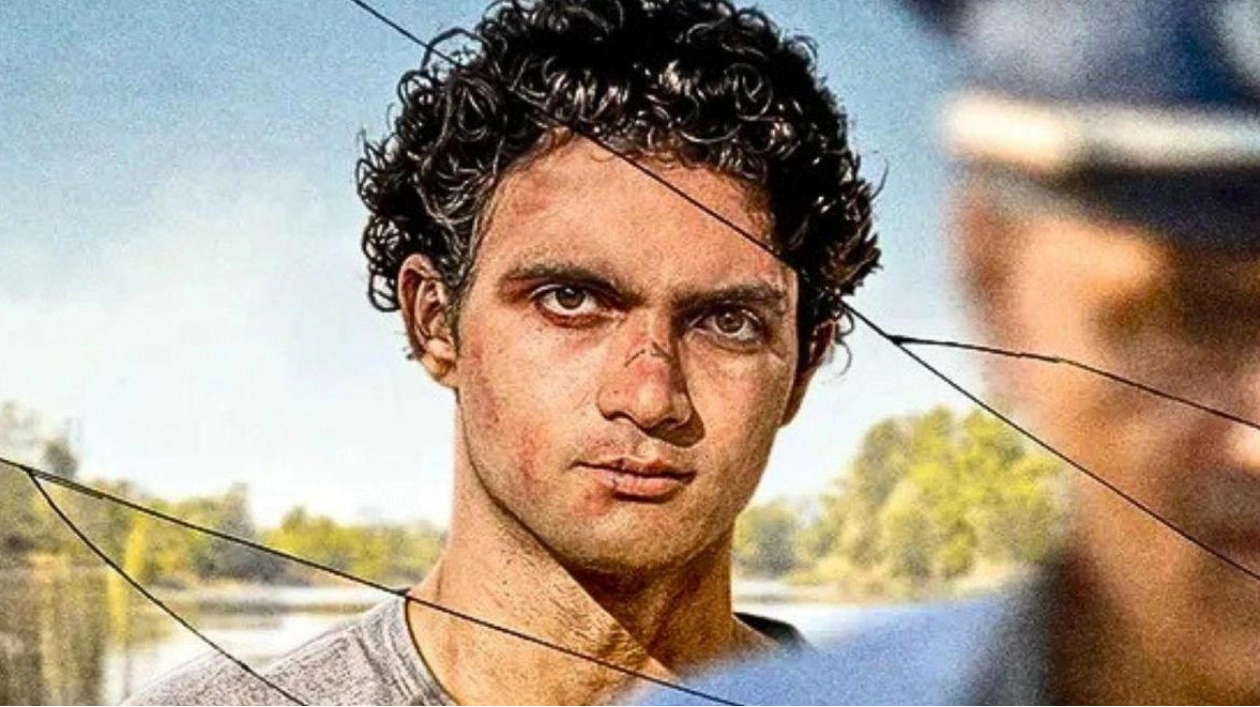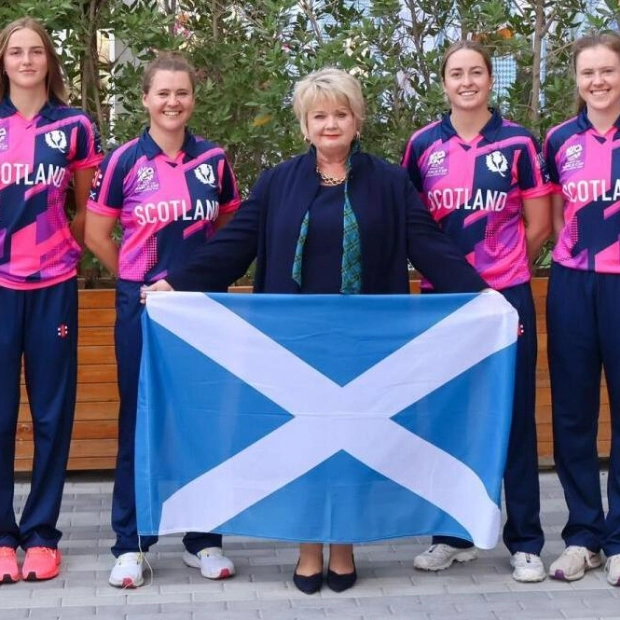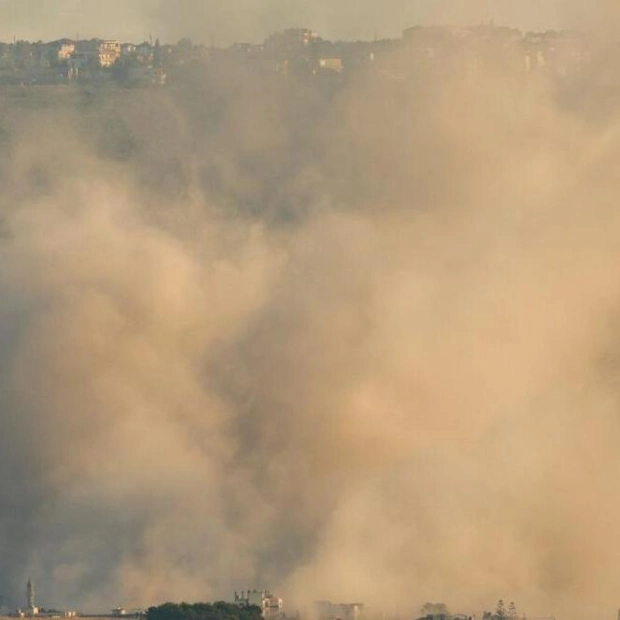Emanuel Pârvu's 'Trei kilometri până la capătul lumii' (Three Kilometres to the End of the World) has garnered significant acclaim, winning the Queer Palm at this year's Cannes Film Festival and being selected to represent Romania for Best International Feature Film at the upcoming Oscars. This gut-wrenching drama, following Pârvu's previous works 'Meda Or The Not So Bright Side Of Things' (2017) and 'Mikado' (2021), is a compelling companion piece to Eugen Jebeleanu's 'Poppy Field' (2020), both addressing the issue of homophobia in Romania.
Set in the conservative Danube Delta community of Sfântu Gheorghe, the film follows 17-year-old Adi (Ciprian Chiujdea) as he spends his summer in his hometown. One night, Adi sustains severe injuries after being attacked on his way home from a local nightclub. Under pressure from Adi's father (Bogdan Dumitrache), the local police chief (Valeriu Andriuţă) uncovers that the assailants are the sons of a wealthy local figure, Zentov (Richard Bovnoczki), to whom Adi's father owes money. However, the real reason behind the attack is revealed to be Adi's perceived homosexuality, as he was seen kissing a man from Bucharest.
This revelation shatters the family, with Adi's sexuality being condemned more harshly than the crime itself. Adi is confined to his room, treated like an outcast, while his devout mother (Laura Vasiliu) seeks help from the local priest (Adrian Titieni) to 'cure' her son. The priest, questioning if the Covid vaccine could be the cause, agrees to perform an exorcism, binding and gagging Adi.
The film's aesthetics, shot in widescreen with long takes and minimal soundtrack, juxtapose the serene natural landscapes with the oppressive village mindset. Pârvu's deliberate omissions, such as not showing the assault or the tenderness between Adi and his lover, heighten the emotional impact, making the aftermath of the assault more poignant.
As the story unfolds, Pârvu and co-screenwriter Miruna Berescu delve into the systemic corruption and conservative values that dominate rural Romania. Scenes of bureaucratic and religious oppression are depicted with palpable tension, exposing how words and values lose meaning in the face of patriarchal standards.
While the film offers little hope, the arrival of an investigator (Alina Berzunteanu) from Children's Services provides a glimmer of optimism. Her efforts, however, are met with resistance from the village's authorities, highlighting the pervasive cover-up culture.
Despite its powerful indictment of homophobia and fundamentalism, the film largely presents Adi as a victim, with little exploration of his perspective. This omission underscores how deeply ingrained stigma can stifle humanity, turning 'Three Kilometres to the End of the World' into a tale of survival rather than self-discovery.
The film's closing shot hints at a hopeful resolution, yet it starkly differentiates between escape and exile, reinforcing Pârvu's message that hope will remain stifled as long as prejudices prevail. 'Three Kilometres to the End of the World' is currently screening in Romanian and French cinemas, with further European rollout planned for this year. It premiered at Cannes and has since been featured at the BFI London Film Festival and the Chicago International Film Festival.
Source link: https://www.euronews.com






